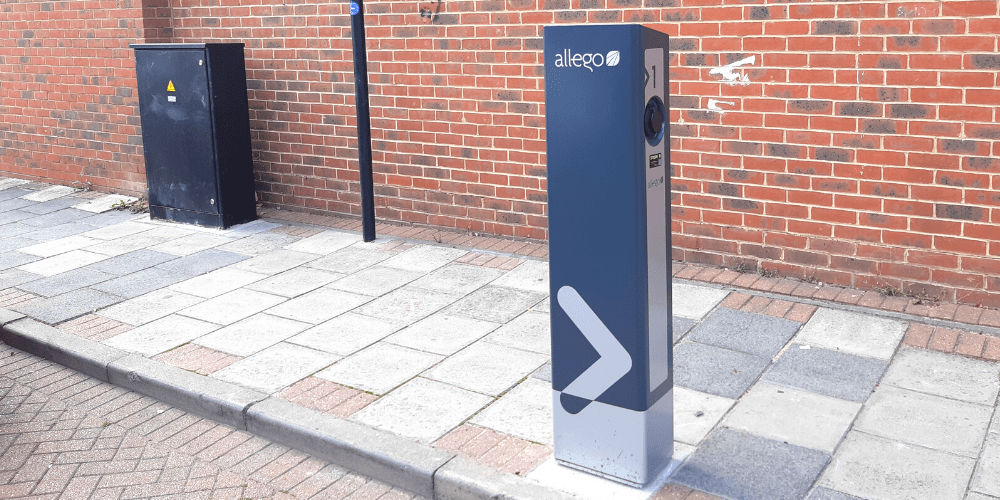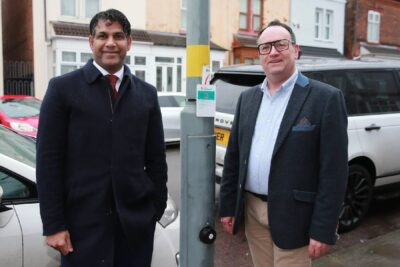UK Govt. expands charging infrastructure funding
British Transport Minister Jesse Norman announced today a £56 million expansion of charging infrastructure. The funding will help add 2,400 charge points across the country, with sixteen local authorities joining the effort for the first time.
The 2,400 charge points are expected to be delivered in the short term, writes the Department for Transport, while local councils are to deliver “tens of thousands more” in the long term.
The £56 million will expand the current Local Electric Vehicle Infrastructure (LEVI) pilot and boost the existing On-Street Residential Chargepoint Scheme (ORCS), so the DfT. The ministry further hopes councils will develop in-house expertise and capability to coordinate chargepoint plans and work with private operators helped along by a new fund.
The Government announced the £450 million Local Electric Vehicle Infrastructure (LEVI) fund in March 2022 as part of a larger budget of 1.6 billion pounds to install 300,000 charge points by 2030. In the first round of August last year, nine local authorities, including Durham, Nottinghamshire, and Suffolk, were selected.
Today’s announcement widens the circle with 16 local authorities joining the scheme anew, including Sunderland, Rotherham and Norfolk. Three are building out existing schemes, namely Durham, Barnet and North Yorkshire.
The full breakdown is below:
- £200,000 to Buckinghamshire
- £1.9 million to Cumbria
- £1 million to Hackney
- £2.3 million to Harborough
- £1.8 million to Hounslow
- £600,000 to Lancashire
- £1.6 million to Norfolk
- £1.6 million to Oxfordshire
- £1.6 million to Rotherham
- £800,000 to Sunderland
- £2.5 million to Waltham Forest
- £1 million to Warwickshire
- £8.5 million to West Midlands
- £2.9 million to West Sussex
- £3 million to West Yorkshire
- £1.9 million to York
In total, £22 million of government funding for the LEVI pilot areas is supported by an additional £17 million of private funding and £2 million from public funds across local authorities.
To get to the announced £56 million, the Government also launched an £8 million LEVI Capability Fund, which it says will equip local authorities with the skills and ambition to scale up their plans when it comes to their charging strategy, as mentioned above.
A further £7 million is going into the existing On-Street Residential Chargepoint Scheme, bringing the total funding this year to £37 million. Three thousand charge points have already been installed under ORCS, with a further 10,000 in the pipeline. The OCRS funding covers up to 75% of the cost of installation. Companies such as Connected Kerb or Ubitricity have been most active in installations.
In addition to the public schemes, there is the Electric Vehicle Homecharge Scheme (EVHS) and Workplace Charging Scheme (WCS).
The British Government claims it has already spent over £2 billion to support the move to zero-emission vehicles.





0 Comments